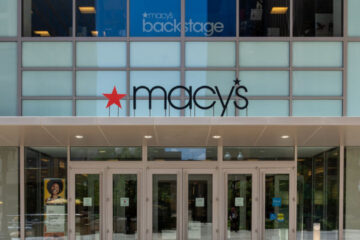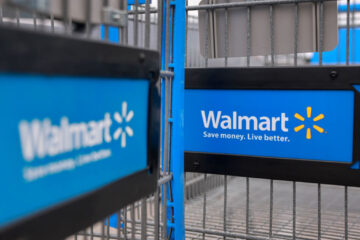The cruise lines have canceled select sailings but Royal Caribbean and Norwegian Cruise Line shareholders should take that as a positive.
Every avid cruise line customer dreads getting emails from Royal Caribbean (RCL) – Get Royal Caribbean Group Report, Norwegian Cruise Line (NCLH) – Get Norwegian Cruise Line Holdings Ltd. Report, or Carnival Cruise Line (CCL) – Get Carnival Corporation Report. That’s because while the message might be about a change in itinerary or revised safety protocols — annoying, but not too big a problem — it’s also possible that the email contains the much-dreaded cancellation notice.
Those were common and even expected in the early days of the pandemic. They then became automatic for over a year as cruises were canceled entirely due to the Covid-19 pandemic. Now, cancellations have returned as the omicron variant has led to higher levels of infections among crew members.
That’s frustrating for Royal Caribbean, Carnival, and Norwegian customers who have their trips canceled. It’s even more frustrating for people whose trips get called off after they have already packed their bags or even flown to port cities.
The reality, however, is that the cancellations show that the cruise line’s Covid protocols are working. That may be frustrating for travelers, but it’s good news for shareholders in the three major cruise lines because it trades the major bad publicity caused by a passenger outbreak for the minor bad publicity from cancellation brings.
All three major cruise lines invested heavily in being able to sail safely during the Covid pandemic. Those expenditures will benefit their shareholders even when Covid becomes an unpleasant story about this very odd time in global history.
Royal Caribbean and Norwegian Cancel Select Cruises
All three major cruise lines quarantine crew members when they first sign on to the ships they will be working on. Those rules vary by company, but crew members must prove full vaccination (or be vaccinated by the cruise line while quarantined) and they’re tested multiple times before being allowed to mingle with crew or passengers.
Once a crew member clears quarantine, he or she gets tested regularly. If a crew member tests positive, he or she gets quarantined again. And, assuming the person has a mild or asymptomatic case, in the case of Royal Caribbean, the crew member might be transferred to Serenade of the Seas, which has been held out of service in order to function as a hospital/quarantine ship in order to limit the possibility of the infection spreading.
Despite those measures, both Royal Caribbean and Norwegian cruise lines have had to cancel select cruises because crew member covid infection levels rose to levels that either exceeded CDC thresholds or left them without the crew needed to serve passengers.
Only a handful of ships have canceled sailings and most of the cancelations come in January or February. It’s a short-term problem that’s directly related to the omicron variant, which, while highly contagious, has not led to any reports of serious illness among impacted crew members.
“We regret having to cancel our guests’ long-awaited vacations and appreciate their loyalty and understanding. Our top priority is always the well-being of our guests, our crew, and the communities we visit,” Royal Caribbean wrote in an advisory to customers, adding the trips were being canceled “As a result of the ongoing COVID-related circumstances around the world, and in an abundance of caution.”
Royal Caribbean and Norwegian Are Being Careful
All the major cruise lines have received bad publicity when illness breaks out on a ship. That happened before Covid and it’s inevitable because people live on a cruise ship for day, sometimes even a week or longer, at a time.
That’s different than other places where viruses pass easily. You may get Covid at a theme park or at a concert, but you don’t show symptoms while there in most cases so the venue ducks responsibility for setting up the situation that caused your infection.
Royal Caribbean, Norwegian, and Carnival know they operate under different circumstances. Outbreaks happen on board and they get reported, which brings bad press even when the companies have taken the proper measures — as dictated by the CDC and their own aggressive safety protocols.
To mitigate that, the cruise lines have adopted strict standards that they have not relaxed even as the CDC has allowed its conditional sail order (CSO) — the document which set the operating rules for cruise lines — to expire. Royal Caribbean, Norwegian, and Carnival have not changed how they’re operating simply because that order has expired. In some areas, they have exceeded CDC standards and it seems likely they will continue doing that partially for passenger safety and partially for optics.
Dr. Scott Gottlieb, former commissioner of the U.S. Food and Drug Administration and chairman of the SailSafe Global Health & Wellness Council said that cruise ships are actually safer than other travel options, Travel Age West reported.
“This is a leisure activity that lends itself to implementing measures that can tightly control the risks that you’re taking,” he said. “This could be a safer vacation than going into a hotel or foreign city.”


